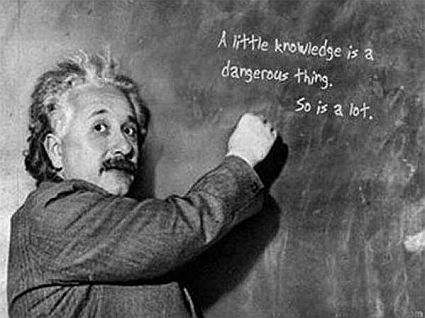We have tools and data sources that gives us all kinds of information and data. We can know about the issues our customers and their markets face. We can know about performance challenges. We have information about individuals, pulled from their social profiles and activity.
We have an abundance of data, information, knowledge, but we struggle to make use of it. Or we apply it inappropriately, exacerbating the challenges we are trying to address.
We, and our customers, are sometimes overwhelmed by the sheer volume of information. We struggle through understanding what is important, what is accurate, how we make use of it.
AI promises to provide us even more, but doesn’t guarantee it’s accuracy and relevance. For that, we need to have enough knowledge to prompt and refine that which AI dumps on us. And to do this, requires knowledge and experiences…..
We and our customers face the same challenges:
- What does it mean?
- What do we believe?
- What is irrelevant to our current situation?
- What is most important and impactful for what we are trying to do?
- How do we apply it to create the desired outcomes?
- How do we adapt it to the specific context, situations, and this moment in time?
- And how do we fill in the gaps that are inevitable in our knowledge?
It turns out those who leverage knowledge with greatest impact have the ability to figure these things out. They have well developed skills in curiosity and critical thinking. They have the ability to look at these things, evaluating which is most important. They have deep experience in doing this, learning and refining their approach. They have the ability to understand what it means and how to create meaning from the knowledge.
And despite our ability to provide insights, data, information, knowledge, the inability to translate it into meaning and impact is still lacking.
How do we address this?
We focus on critical skills development—curiosity, critical thinking, problem solving, the ability to have collaborative conversations. We look for this both in our recruiting, but in also in our training, coaching and development.
Ironically, when we develop these capabilities in oursleves and our people, we can do well with only a little knowledge.
“A little knowledge that acts is worth infinitely more than much knowledge that is idle.” Kahil Gibran.
“A little knowledge is a dangerous thing, so is a lot!” Albert Einstein.

Leave a Reply